Winterizing Your Herb Garden: How To Overwinter Herbs
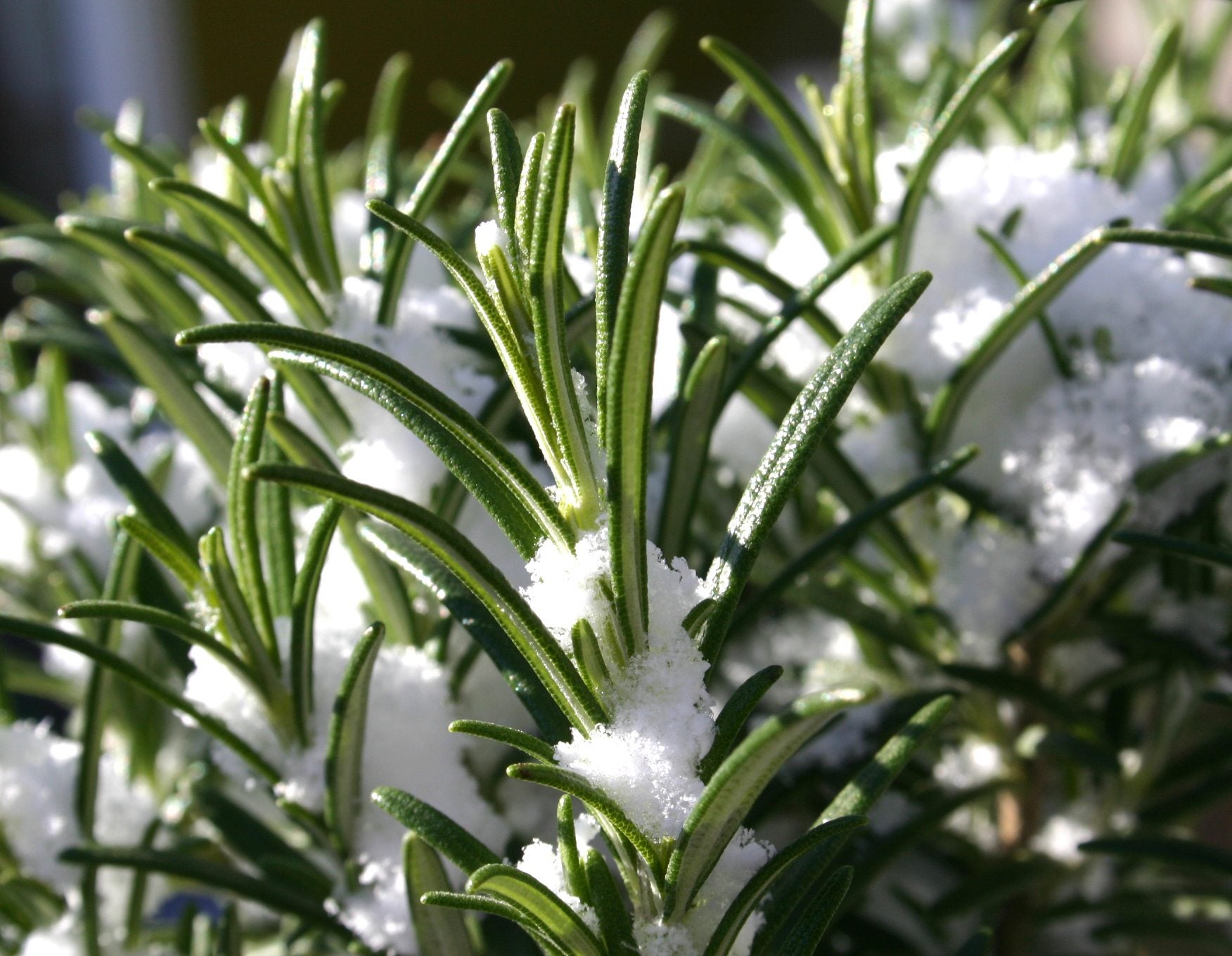

How to overwinter herbs? This is a difficult question because herb plants vary widely in their cold hardiness. Some perennial herbs will survive very cold winters with minimal protection, while tender perennials may not survive the first hard frost. If you’re concerned about winterizing your herb garden, this guide can help. The first step to overwintering plants in a herb patch or container is to determine your plant’s cold hardiness, and be sure you know your USDA growing zone. Armed with that basic information, you can easily learn how to overwinter herbs.
Winterize Home Herb Gardens
Below are some general steps you can take in preparing herbs for winter. Fertilizer – Never fertilize your herb garden after August. Fertilizing herbs late in the season will encourage tender new growth that may not survive the winter. Watering – Water plants throughout late summer and autumn, as drought-stressed plants are more susceptible to cold weather damage. If the winter is dry, the plants benefit from an occasional irrigation (when the ground isn’t frozen). Overwintering herbs that are perennial – Many perennial herbs are winter hardy. Some of these include:
In most climates, these plants just need a good pruning – down to a height of 4 to 6 inches (10-15 cm.), after the first few hard freezes. However, even sturdy plants benefit from a layer of mulch in climates below USDA plant hardiness zone 5. Apply a 3 to 6 inch (7.5-15 cm.) layer of mulch, such as chopped leaves, straw, pine needles, or bark mulch, but don’t apply the mulch until after the first hard freeze because you may damage the plant. Be sure to remove the mulch shortly after new growth appears in spring. Some perennial herbs, such as rosemary, bay laurel, and lemon verbena, need a little extra help during the winter months. Cut the plants nearly to the ground after the first hard frost, then cover the plants with soil and top the soil with 4 to 6 inches (10-15 cm.) of mulch. A layer of evergreen boughs will also protect perennial herbs from harsh, drying winds. Overwintering tender perennials or annual herbs – Some perennials may not survive cold winters, depending on your particular growing zone. For example, rosemary tolerates winters in USDA hardiness zone 7, and possibly zone 6 with good protection. Rosemary is relatively difficult to grow indoors, but you might want to pot it up and give it a try. Rosemary needs cool temperatures, bright sunlight and soil kept lightly moist. Annual herbs, such as dill and coriander, survive for a single season and will be killed with the first frost. There isn’t much you can do about this, but be sure to pull the dead herbs and clear the area of plant debris. Otherwise, you’re providing a handy hiding place for pests that will make an appearance in spring. Overwintering herbs indoors – If you’re concerned that your tender perennial herbs may not survive the winter, or if you want to continue using annual herbs year round, many herbs do well indoors. For example, you can pot up herbs like parsley or basil in autumn, then move them back outdoors in spring. Some container herbs can also be given winter protection outside.
Gardening tips, videos, info and more delivered right to your inbox!
Sign up for the Gardening Know How newsletter today and receive a free copy of our e-book "How to Grow Delicious Tomatoes".

A Credentialed Garden Writer, Mary H. Dyer was with Gardening Know How in the very beginning, publishing articles as early as 2007.
-
 Looking For Plants To Give You The Soft And Fuzzies? Try These 5 Fuzzy Leaf Plant Options
Looking For Plants To Give You The Soft And Fuzzies? Try These 5 Fuzzy Leaf Plant OptionsLovers of texture, drama, silver foliage and tactile plants will adore these special sensory garden additions. These fuzzy leaf plant options will leave you all aglow
By Susan Albert
-
 Get Ready For A Summer Of Hummers! Grow These Full Sun Hummingbird Plants and Flowers
Get Ready For A Summer Of Hummers! Grow These Full Sun Hummingbird Plants and FlowersIf you’re lucky enough to enjoy a sunny backyard, make sure you are maxing out on your pollinator opportunities and grow these full sun hummingbird plants and flowers
By Tonya Barnett
-
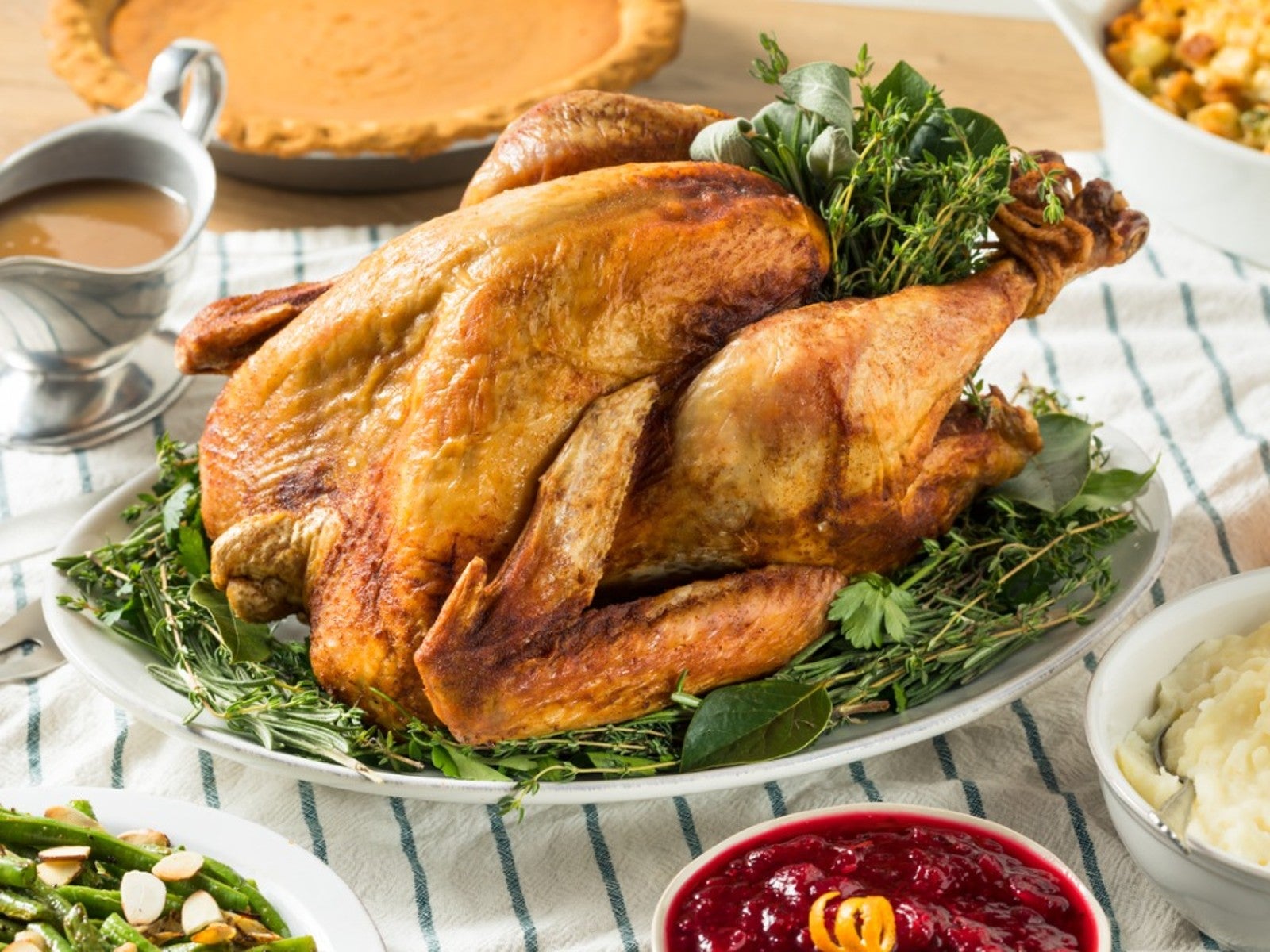 Grow Tasty Herbs For Roast Turkey In Your Garden
Grow Tasty Herbs For Roast Turkey In Your GardenCan you season your turkey with herbs you grow in your own garden? Yes! Click to learn more.
By Amy Grant
-
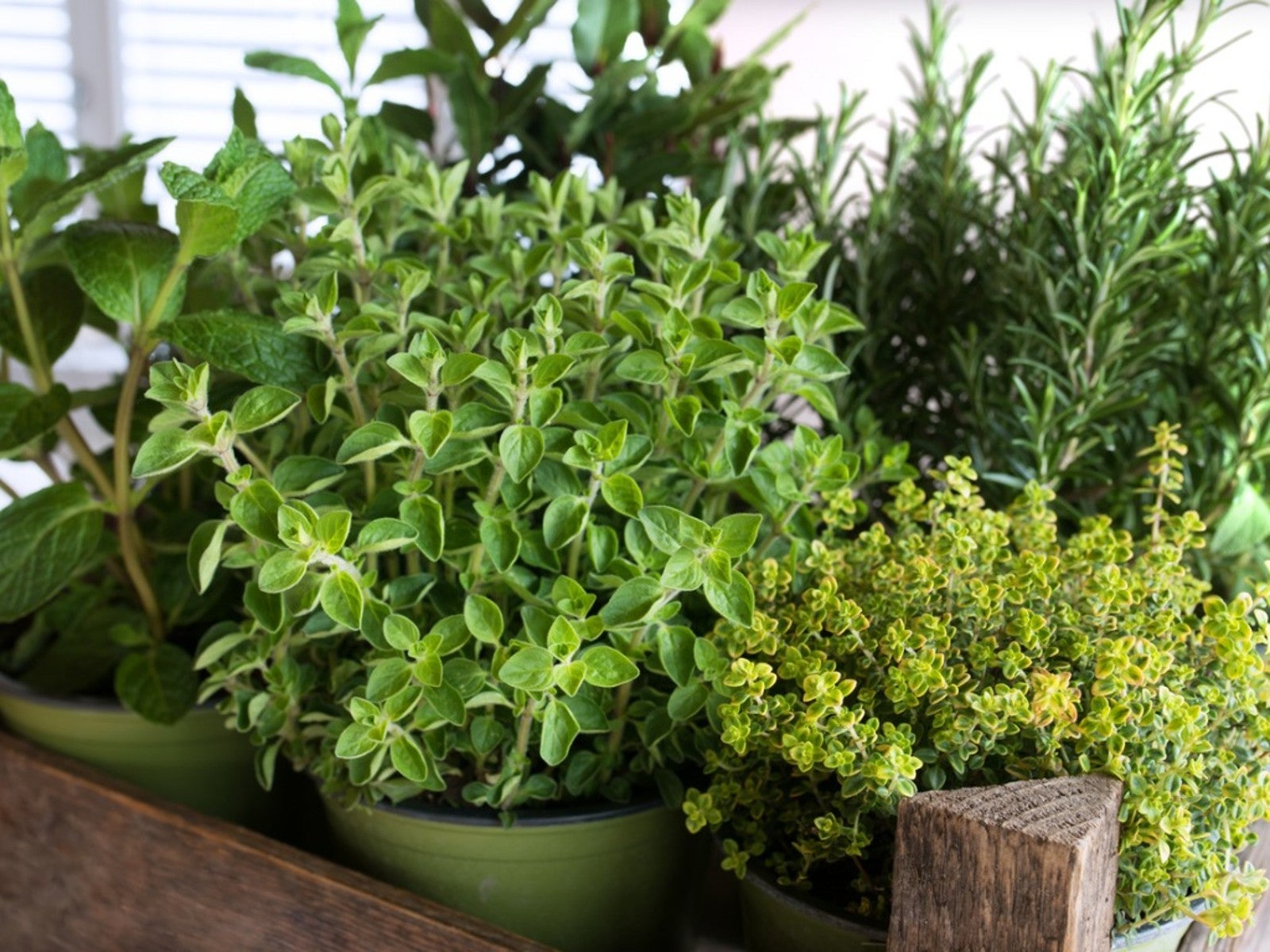 10 Easy Herbs For Beginners
10 Easy Herbs For BeginnersIf you’re new to herb growing, there are some perfect beginner herbs that are low maintenance and easy. Here are our top ten.
By Mary Ellen Ellis
-
 How To Make A Rain Gutter Herb Garden
How To Make A Rain Gutter Herb GardenOne really fun look outside the box is a hanging rain gutter herb garden. A gutter planter is a unique way to house and showcase plants.
By Bonnie L. Grant
-
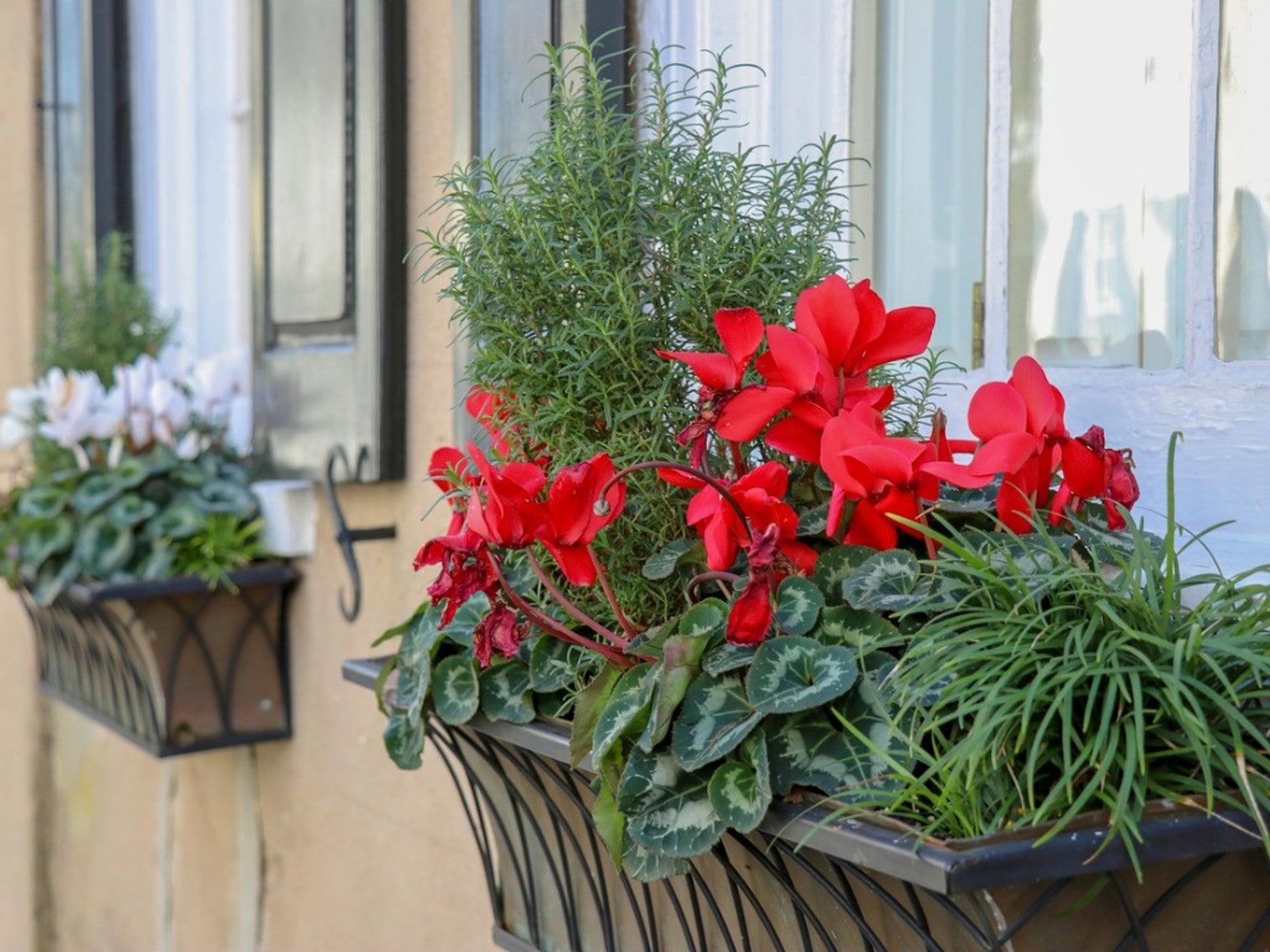 Grow A Beautiful, Edible Herb Window Box
Grow A Beautiful, Edible Herb Window BoxGrowing herbs in window boxes is a space-saving method for producing culinary ingredients for kitchen use. Click for more.
By Laura Miller
-
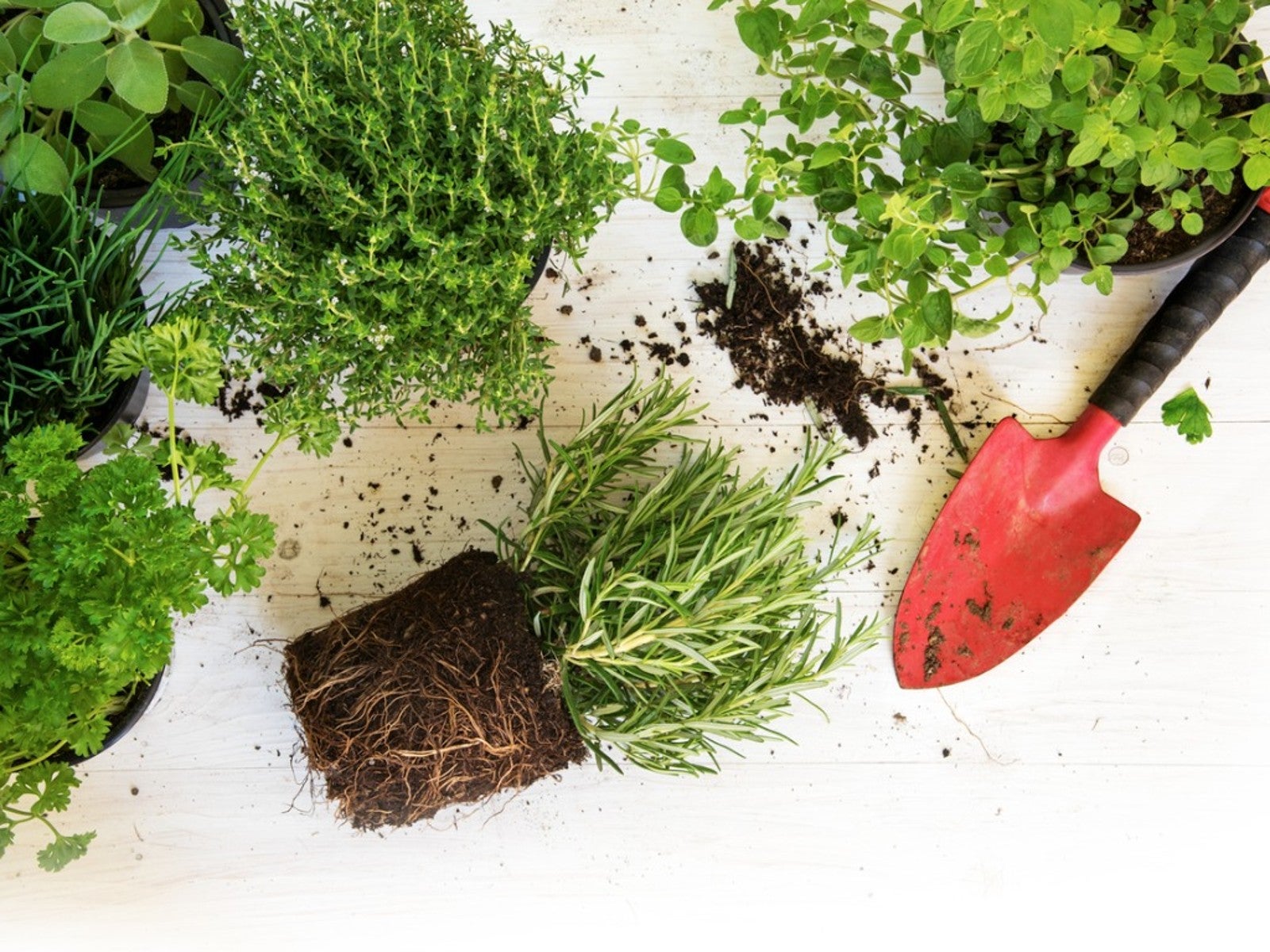 Best Herbs To Direct Sow Vs. Start Indoors
Best Herbs To Direct Sow Vs. Start IndoorsKnowing when to buy herb plants or start them from seeds or cuttings is essential to your success. Read on to learn more.
By Laura Miller
-
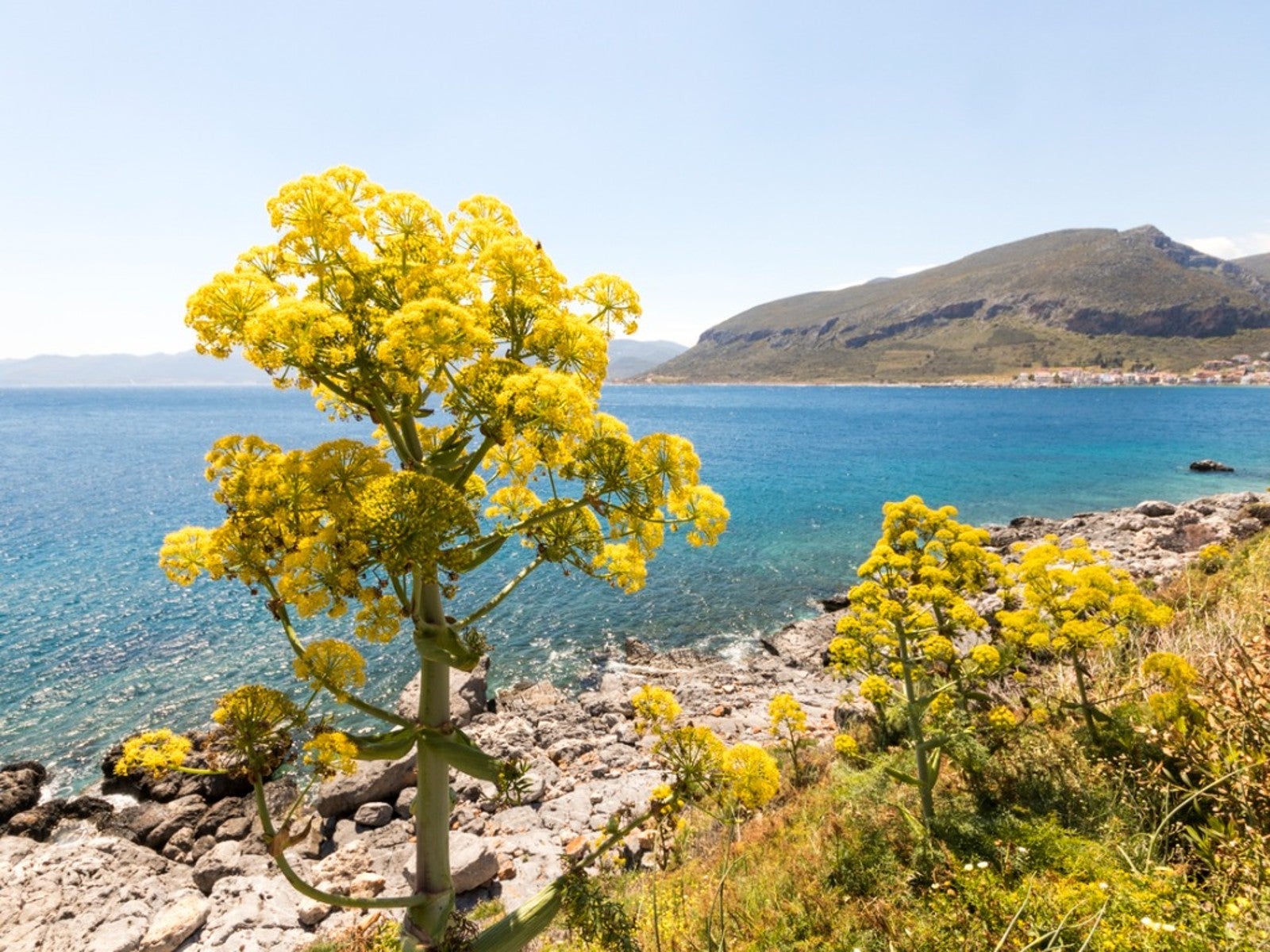 Learn About The Highly Prized Silphium Herb
Learn About The Highly Prized Silphium HerbWhat if there was a perfect plant? In ancient times such a treasure existed. It was the silphium plant.
By Laura Miller
-
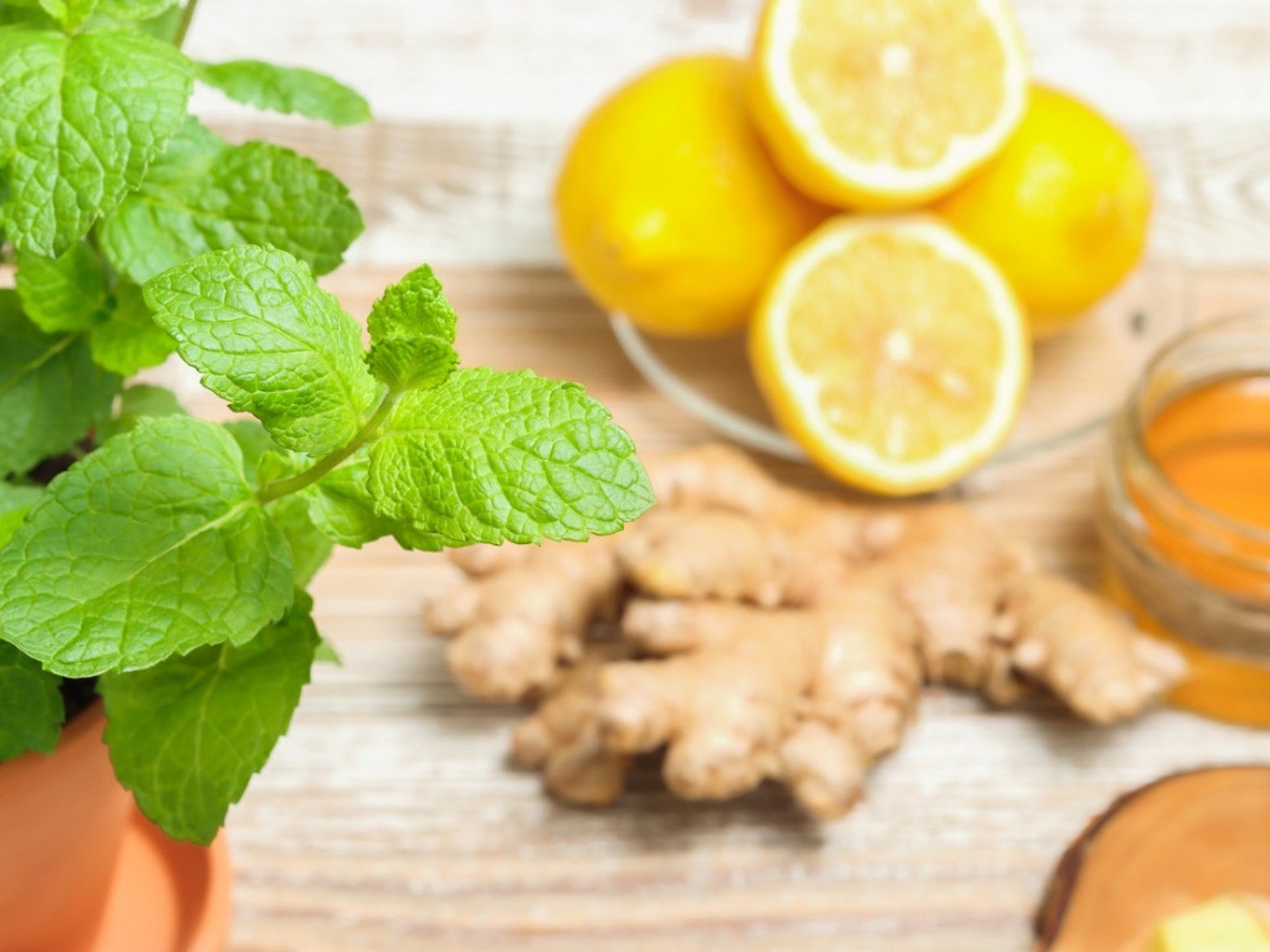 Grow Healing Herbs Indoors: Combat Winter Illness With A Medicinal Garden
Grow Healing Herbs Indoors: Combat Winter Illness With A Medicinal GardenIf you are growing medicinal plants at home, did you know you also can grow an indoor medicinal herb garden? Read on for more.
By Susan Albert
-
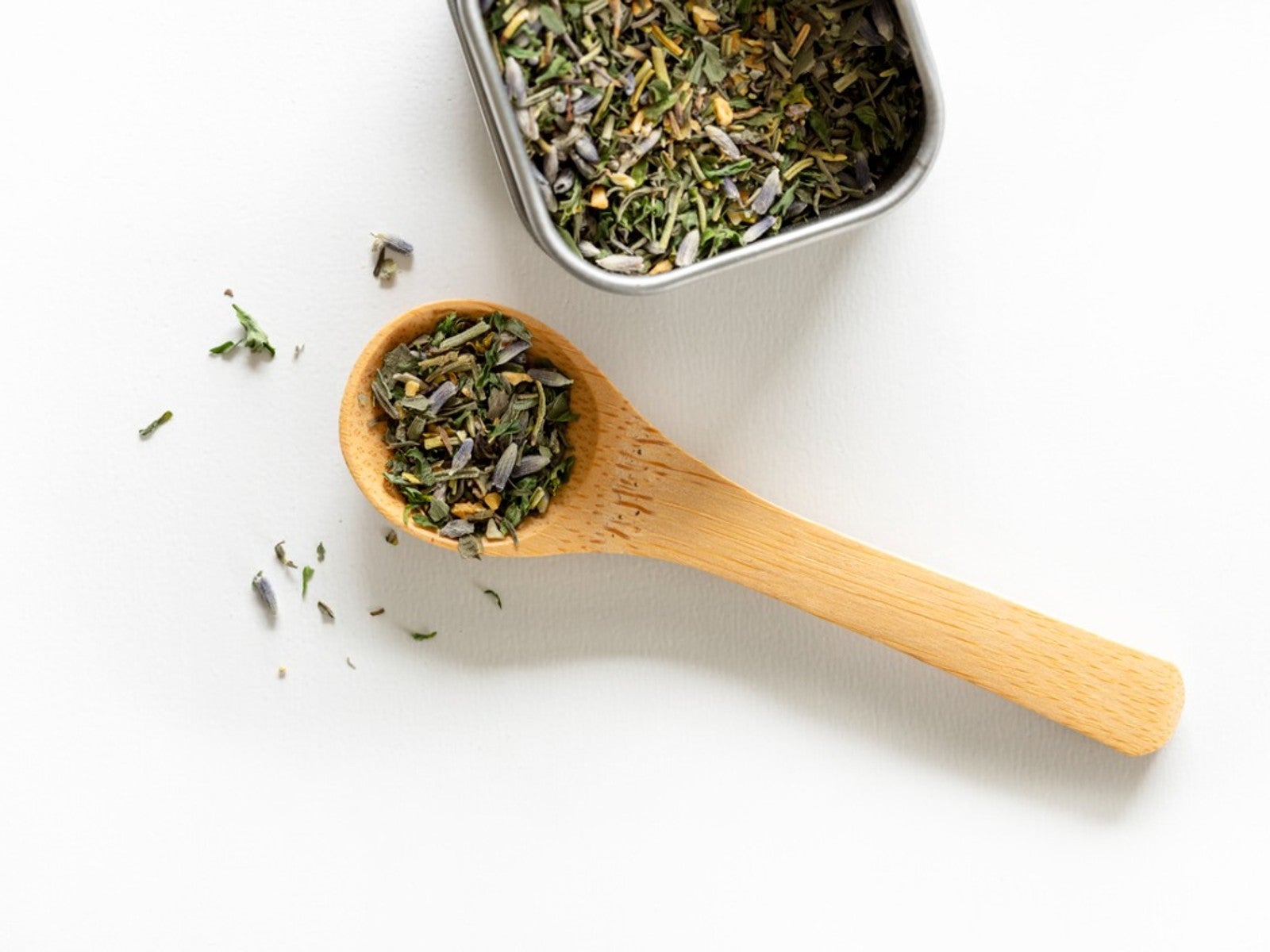 Grow Your Own Herbes De Provence - How To Grow, Dry, And Store Herbs
Grow Your Own Herbes De Provence - How To Grow, Dry, And Store HerbsHomemade gifts can add that special touch to any occasion, such as a jar of herbes de provence. Click here to learn how to grow and make your own for gifting.
By Laura Miller